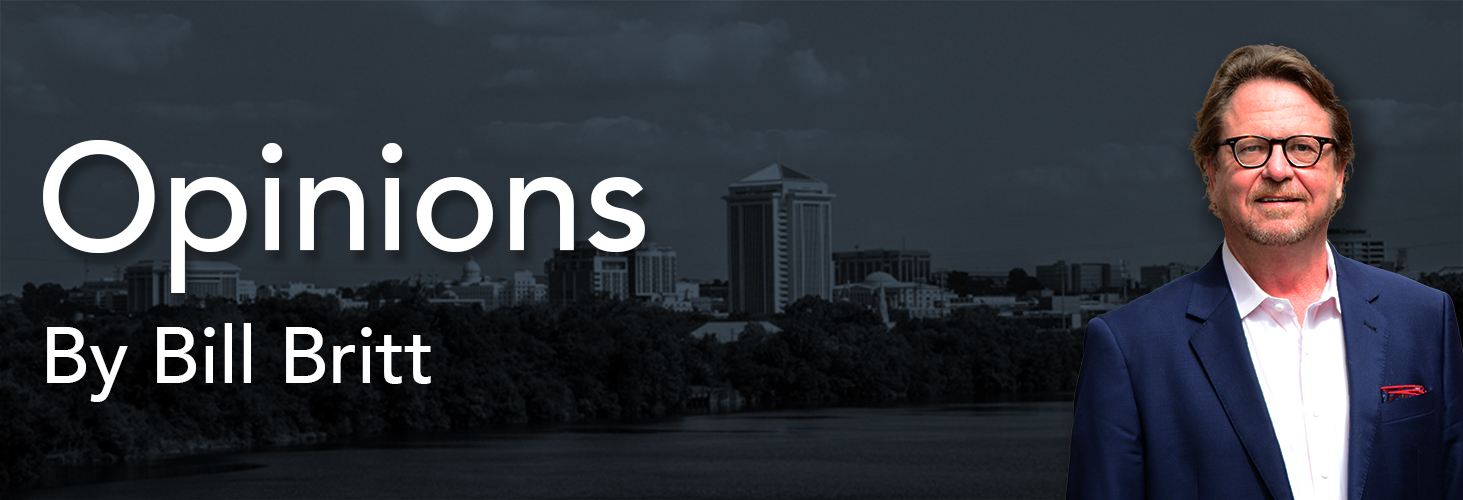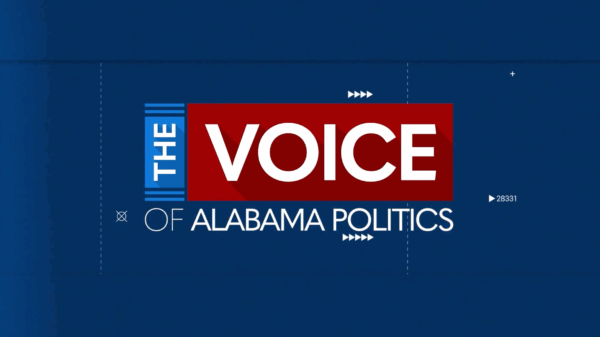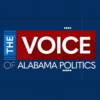By Bill Britt
Alabama Political Reporter
What does the no-new-tax pledge, campaign contributions and a cut in anti-smoking education have in common? In Alabama, it is the flow of Big Tobacco money into the Alabama Republican Party.
That is not to say that Big Tobacco takes side, they just want to win with whoever is in charge.
In 2010, Altria, the parent company of Phillip Morris, gave almost $500,000 in campaign contributions that was funneled into the coffers of GOP leadership and then to candidates.
According to a report by the “Anniston Star,” the Alabama Department of Public Health (ALDPH) has rolled back its anti-tobacco program funding for the 2013 fiscal year.
The report states, “Declining revenue led the Alabama Legislature to make significant cuts in the state’s general fund budget this year. As a result, state funding for the Department of Public Health’s anti-tobacco program was cut to $600,000 for the 2013 fiscal year from $880,000 spent in the 2012 fiscal year. The nearly $3 million in federal funding for the program will remain intact.”
However, funding for local anti-smoking advocacy has been totally eliminated.
Leaders in the effort for a smoke-free Alabama prefer to call the programs tobacco prevention and control.
“Alabama has always fallen short on spending for Tobacco Prevention and Control,” said Ginny Campbell, Government Relations Director at American Cancer Society in Alabama.
Working under the auspices of the Alabama Department of Public Health, Tobacco Prevention and Control was created as part of the Tobacco Master Settlement Agreement.
“The Tobacco Prevention and Control (TPC) Branch within the Bureau of Chronic Disease Prevention was created with funds from the Center for Disease Control and Prevention in 1993. By working with local coalitions, community agencies, and state and national partners, the Tobacco Prevention and Control Branch endeavors to implement and evaluate effective tobacco prevention and cessation activities that meet the following goals:
• Eliminating environmental tobacco use exposure.
• Promoting quitting among adults and youth.
• Preventing youth initiation.
• Identifying and eliminating disparities among populations.
The CDC make recommendations on annual expenditures state should make of the program. Alabama is 47th in the nation in terms of per capita funding to reduce tobacco use and exposure. The annual number of deaths in Alabama from tobacco use grew from 7,000 people in 2000 to 7,600 in 2010. From 2000 to 2010, annual healthcare costs to treat smoking-related diseases in Alabama increased from $800 million to $1.49 billion.
However, the state spends only 3.7% of CDC recommendation or around $2.1 million annually.
What worries Campbell is the fact that the stipend once offered to local communities for tobacco education has been zeroed out of the budget. The “Mini” grants offer by the ADPH last year totaled only around $300,000. “It was a small amount of money, but there have been some successes in local communities,” according to Campbell.
She says that passing meaningful legislation toward a “Smoke-free” Alabama over the passed decade has had no success, “This legislature doesn’t have the will to pass anything [concerning smoking bans] much less something we would think was successful.”
Campbell said, “This loss of even this small amount is a hindrance to our efforts, but we will work to help restore this funding [in the future].
In the 2012 Legislative Session, Alabama State Representative Joe Hubbard (D-Montgomery) tried to build bi-partisan support for a bill to attach a “User Fee” to the sale of tobacco. HB712 would have raised the user fee on cigarettes and earmarked those additional funds for Medicaid.
Rep. Hubbard said, “You ask taxpayers to pay for the services they use. Smoking costs the state hundreds of millions of dollars annually, and it is not right to ask children and seniors to shoulder that burden. That burden should fall to smokers. These are voluntary fees. If you don’t want to pay the fee, don’t smoke.” Rep. Hubbard compared his proposal to the state gasoline tax, which pays for upkeep of the Alabama’s roads and bridges.
At the time, Hubbard said that his proposal would generate $220 to $240 million each year, which the bill would appropriate to Medicaid. Hubbard estimates that tobacco-related illnesses cost Alabama taxpayers $238 million in Medicaid expenditures every year. Additionally, the federal government will apply a 2.7-to-1 match on each dollar raised from the cigarette taxes, generating over $880 million annually for Alabama Medicaid. Hubbard believed that that would balance the Medicaid budget and free up additional money for other agencies in the Alabama General Fund.
However, this was seen as a tax increase by many and the bill died a silent death.
Instead, the state opted to tap the ATF to fund Medicaid and the Department of Corrections, recently it has been reported that Medicaid will still have a $30 million shortfall.
Since the mid-eighties the no-new-tax mantra has gathered momentum primarily through the efforts of Americans for Tax Reform, an organization headed by Grover Norquest. Americans for Tax Reform is reported to be an “ advocacy group and taxpayer group whose stated goal is a system in which taxes are simpler, flatter, more visible, and lower than they are today.”
The group is most famous for its flamboyant founder and the “Taxpayer Protection Pledge.”
In Alabama the following leaders have signed the Americans for Tax Reform pledge Jeff Sessions (Senate), Richard Shelby (Senate), Reps. Jo Bonner, Martha Roby, Mike Rogers, Robert Alderholt, Mo Brooks and Spencer Bachus, but their ranks are joined by many in state government.
Norquest’s Americans for Tax Reform was a small organization until big tobacco found a symbiotic relationship.
In 1989, a Excise Tax Meeting for Phillip Morris yielded the following internal memo, outlining the company’s problem: “There is a consensus that we have lost the public opinion battle concerning excises. To attempt to regain the upper hand, we need to improve the argumentation with federal and state officials, create new ways to use current ideas, and devise new ideas, new research and new ways of communicating with policymakers.”
According to records held at the University of California, San Francisco, “In late 1992, the R.J. Reynolds tobacco company developed an action plan to address what it described as the “health care excesses issue;” RJR was worried about the possibility that Clinton’s proposals for the introduction of a national health care might “possibly be financed in part by higher cigarette taxes.”
One tactic considered as part of the plan was to consider “possible third-party coalition work” to get ‘credible, non-tobacco voice for hearings and for generating information on issue to media, op-eds, letters etc’”. Likely coalition partners included “insurance companies, Americans for Tax Reform and Citizens Against Government Waste.”
Grover Norquest and other so-called conservative groups were paid millions while being used to help big tobacco with their tax problems.
The new no new tax pledges, from that time forward meant, no new taxes on tobacco first and foremost. But how did over $500,000 from Phillip Morris find its way into PAC-to-PAC transfers executed by the GOP in 2010 and how does that affect policy in Alabama. This is the topic of Part Two.




















































